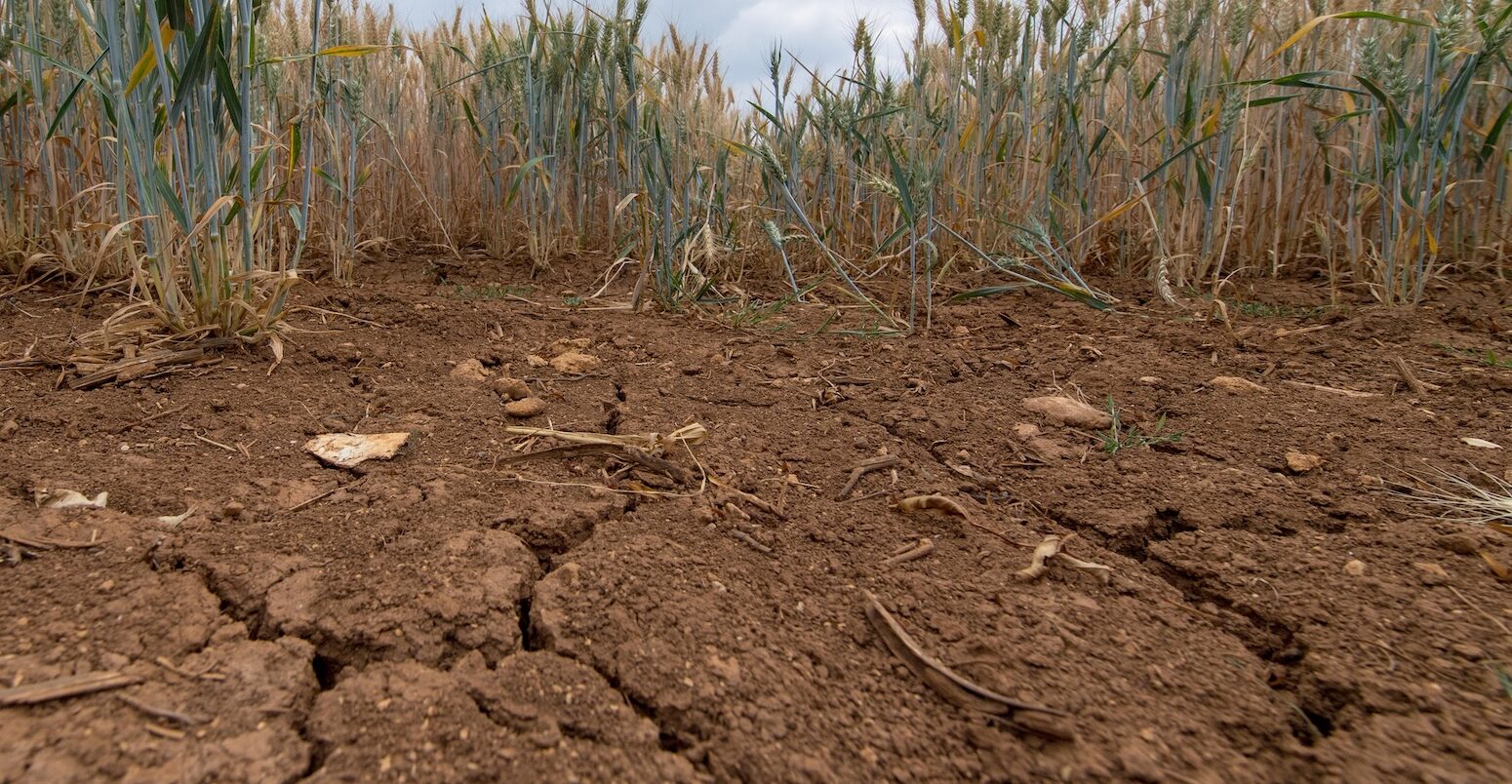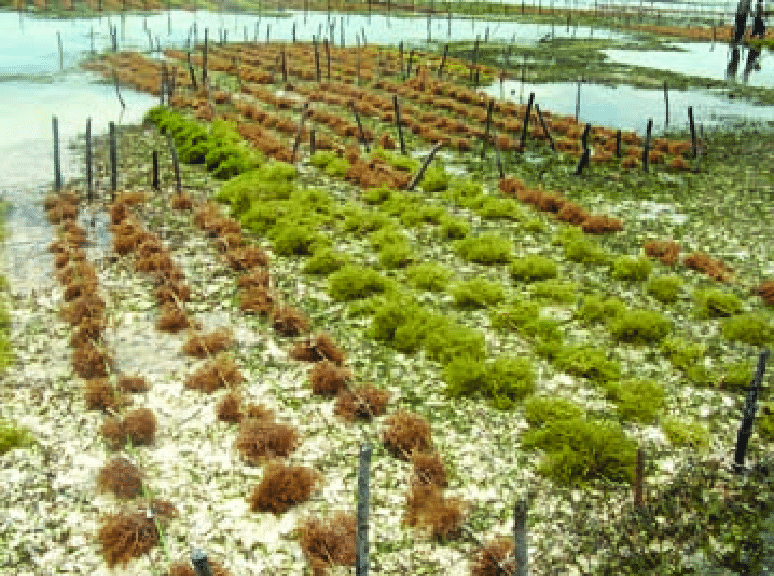The initiative involves the development of targeted strategies to reduce emissions of these pollutants. This includes implementing measures to cut methane emissions from agriculture and waste management, as well as reducing black carbon from incomplete combustion of fossil fuels and biomass. By addressing these pollutants, the project aims to significantly improve air quality and reduce health risks associated with pollution.
Supporting these efforts, a workshop organized by the Stockholm Environment Institute (SEI) plays a crucial role in strengthening Uganda’s planning and mitigation efforts. The workshop provides technical expertise and facilitates knowledge exchange, helping to build local capacity for effective air quality management and climate mitigation. Through this collaborative approach, Uganda is not only addressing immediate air quality challenges but also laying the groundwork for long-term improvements in public health and environmental sustainability.
Short-lived climate pollutants, including black carbon and methane, are significant contributors to global warming, accounting for up to 45% of the current warming trend. Additionally, these pollutants have a detrimental impact on human health and crop yields. Addressing the emissions of these pollutants is crucial to prevent surpassing the critical 1.5°C warming threshold and to mitigate the worst impacts of climate change on human health both in Uganda and globally.
Despite Uganda’s historically minor role in global emissions, the country suffers from the adverse effects of poor air quality. More than 28 000 annual deaths are attributed to this issue. Kampala, Uganda’s capital, was notably one of the most heavily polluted cities worldwide in 2022, with pollution levels frequently surpassing WHO guidelines, much of which is due to household use of biomass. By 2024, Uganda had improved slightly, ranking as the 23rd most polluted country in terms of air quality, though pollution levels still exceeded WHO guidelines by a factor of five.
 Roadside charcoal sold for household use in Uganda. (
Roadside charcoal sold for household use in Uganda. (In response to these challenges, relevant government agencies have implemented a series of regulations and actions aimed at improving Uganda’s air quality amidst the escalating air pollution crisis. The National Environment Management Authority and Ministry of Water and Environment in Uganda are leading these efforts. One significant legislative action includes the adoption of the 2024 National Environment (Air Quality Standards) Regulations, which prohibit the emission of objectionable substances into the air from any source, including smoke, gases, fumes or dust. Moreover, the government has committed to reducing SLCP emissions through the development of a national SLCP plan and a national methane roadmap.
Capacity strengthening for sustainable SLCP mitigation
The Ministry of Water and Environment has enlisted the support of the Climate and Clean Air Coalition (CCAC) to further enhance expertise in SLCP mitigation. Since joining the CCAC in 2021, Uganda has committed to strengthening its institutional capabilities by establishing national air quality regulations and integrating strategies for both climate and clean air.
These strategic efforts also align with Uganda’s commitment to the Kigali Amendment under the Montreal Protocol. The detailed emission inventories developed through these initiatives can inform Uganda’s future nationally determined contributions (NDCs) with targeted policies and measures for SLCP reduction.
In collaboration with SEI, a non-state partner and a member of CCAC since 2012, Uganda is working to strengthen its capacity to meet SLCP targets. SEI collaborates with various nations in fulfilling their climate and air quality commitments by supporting government bodies to evaluate and reduce SLCP emissions and assist in the development of national SLCP plans and methane roadmaps.
In July 2024, SEI researchers Connie O’Neill, Caroline Sawe, Ngongang Wandji Danube and Mbeo Ogeya facilitated a training workshop with representatives from multiple government agencies on SLCP planning and mitigation. The workshop, co-led by the Environmental Compliance Institute, aimed to strengthen the capacity of representatives from the Ministry of Works and Transport, Ministry of Agriculture, Animal Industry and Fisheries, National Environment Management Authority, Ministry of Water and Environment, and Ministry of Energy and Mineral Development and other partners where the Low Emissions Analysis Platform (LEAP) tool, developed by SEI, was used extensively. LEAP is a widely used software for energy policy analysis, including climate change and air quality mitigation assessments. It has been adopted by thousands of organizations in over 190 countries, underscoring its effectiveness and global acceptance as a tool for detailed environmental and energy planning.
Participants reviewed and provided feedback on the preliminary Uganda LEAP dataset, which quantifies SLCP emissions in Uganda and identifies key sources. This feedback session allowed national experts to critically evaluate and suggest improvements to make the data analysis more up-to-date and useful for government ministries. Discussions also explored potential mitigation measures that could align with existing policies and plans, such as Uganda’s NDCs and Vision 2040.
Action and next steps
At the close of the workshop, participants and project partners agreed to collaborate on developing mitigation scenarios that explore actions to reduce SLCP emissions in Uganda. This collaborative effort will form the basis of a national SLCP plan and methane roadmap, outlining Uganda’s strategic path to address SLCP emissions and contribute to international climate targets, while also improving air quality and delivering health benefits domestically.








